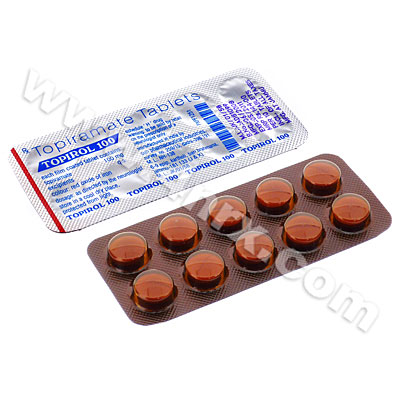 |
Home  Neurological Health Neurological Health  Topirol (Topiramate) Topirol (Topiramate) |
|
|||||||||
|
Topirol (Topiramate)
What is Topirol (Topiramate) used for? Topirol (Topiramate) is given to patients with epilepsy to help treat and control seizures which may occur as a result of this condition. Patients with Lennox-Gastaut syndrome may also be prescribed this medication. This drug prevents and controls seizures by decreasing the occurrence of abnormal brain activity. Patients may also be prescribed this medication to help prevent migraine headaches. How should I use Topirol (Topiramate)? Patients who have been prescribed Topirol (Topiramate) tablets are normally told to take them twice per day, once in the morning, and once in the evening. The exact dosage required may vary for each individual patient, and it is essential for every patient to consult their physician so that the correct dosage can be prescribed. Most patients are instructed to start out by taking a low dose, which may be gradually increased by the prescribing physician. You should never abruptly discontinue taking this medication, unless your physician tells you to do so, as this may cause you to experience seizures. Your physician may instead need to slowly decrease your dosage. What are the side effects of Topirol (Topiramate)? Some side effects of Topirol (Topiramate) include:
Patients who experience other more serious side effects, such as changes in vision, pain in the stomach or appetite loss should immediately consult their physician. Please Note Strictly follow all instructions provided to you by your physician or pharmacist while using Topirol (Topiramate). Optimum and safe dosage can differ based on the patient and the condition being treated. As this medication may be unsafe for certain patients, it is essential you always inform your physician if you are pregnant or breastfeeding, as well as if you have any allergies, other illnesses, or ongoing health conditions, and if you are taking any other form of medication, supplements, or herbal products. Immediately seek emergency medical care if you have any allergic or hypersensitive reaction. Common signs of a reaction include hives, swelling, skin rashes, chest pains, as well as trouble breathing or swallowing. 

|
|||||||||||||||||